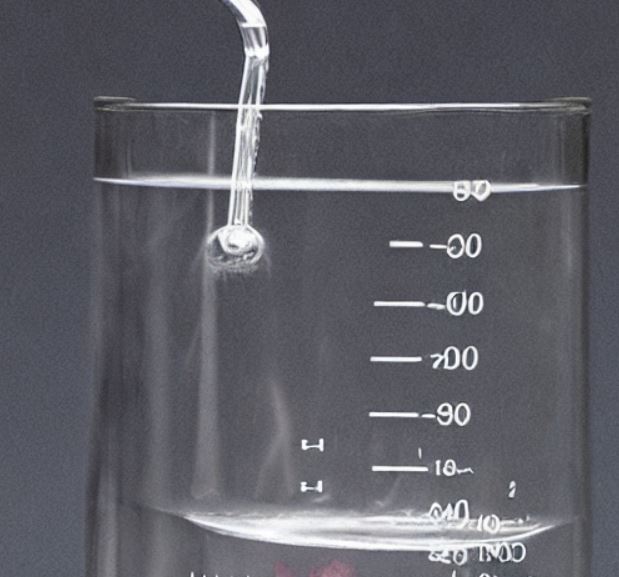%v/v, %w/w and %w/v terms is designed to express the %age of total volume of the solution either in v/v, w/w and w/v. Let’s discuss all these terms one by one.

Differentiate between %v/v, %w/w and %w/v
% v/v
The volume concentration is expressed as % v/v, which stands for volume by volume. This is used when both chemicals in a solution are liquid state. For example, when 60 ml of sulphuric acid is diluted with 40 ml of water, there will be 60 ml of sulphuric acid in a total volume of 100 ml. Therefore, we would express the concentration of this solution as sulphuric acid 60% v/v.
or, In other words, it represents the volume of solute (the substance being dissolved) as a percentage of the total volume of the solution. For example, a 5% v/v solution would contain 5 milliliters of solute in 100 milliliters of solution.
% w/w
The weight concentration of a solution is expressed as % w/w. This stands for weight by weight. In this case, the volume of each chemical is ignored and only the weight is used. So, if the total mass of a 100 g solution is made up of 20 g HCL in 80 g of water, then we would express this as HCL (hydrochloric acid) 20% w/w.
Related: 51 Top Interview Questions for Quality Control
% w/v
The mass concentration of a solution is expressed as % w/v for weight by volume. It can alternatively be shortened to m/v for mass per volume. This is used when a solid chemical is dissolved in a liquid.
If 2 g of potassium iodide is used to make up a total volume of 100 ml. then a 2% w/v solution of potassium iodide has been made.
Calculating Percentages
Each percentage type can be calculated by making small changes to the same method. For example, to find the % weight/volume of a solution the calculation is:
(Mass of Solute (g) / Volume of Solution (ml)) x 100
Therefore, to figure out the % w/v of a 100 ml solution that is made up of 60 g sulphuric acid, we would divide 60 g by 100 ml and then multiply the answer by 100. This tells us that there is a sulphuric acid solution of 60% w/v.
Example: What is the % weight/volume of a solution that has 7.5 g of sodium chloride diluted to 100 mL with deionized water? By definition, a percent weight/volume solution is the measure of weight per 100 mL.
7.5 g/100 mL = 7.5%
You can calculate this value as well: X % = 7.5 g NaC1/100 mL of solution X/100 = 7.5/100 Cross multiplying, 100 X = 750 X = 7.5% w/v
When working out the % volume/volume of a solution, the same method is used besides for the volume of the solute (ml) divided by the volume of the solution (ml). For example, a 1000m1 solution that contains 450m1 methanol has a methanol concentration of 45% v/v (450 / 1000 x 100).
The method for calculating % w/w uses the same steps instead it is weight divided by weight.
